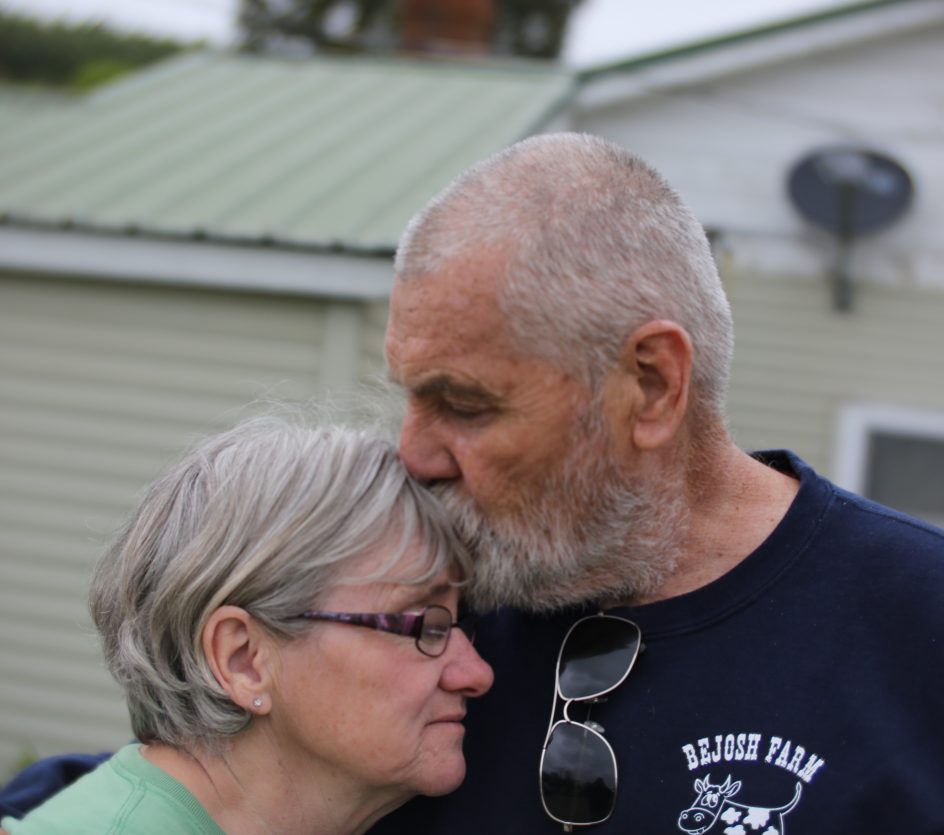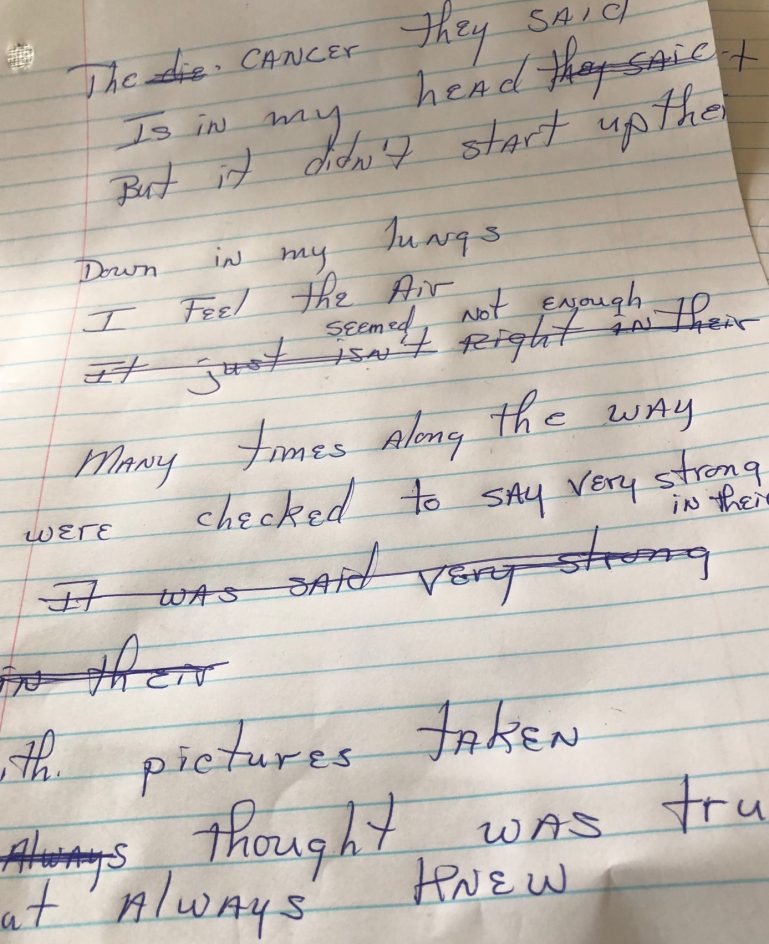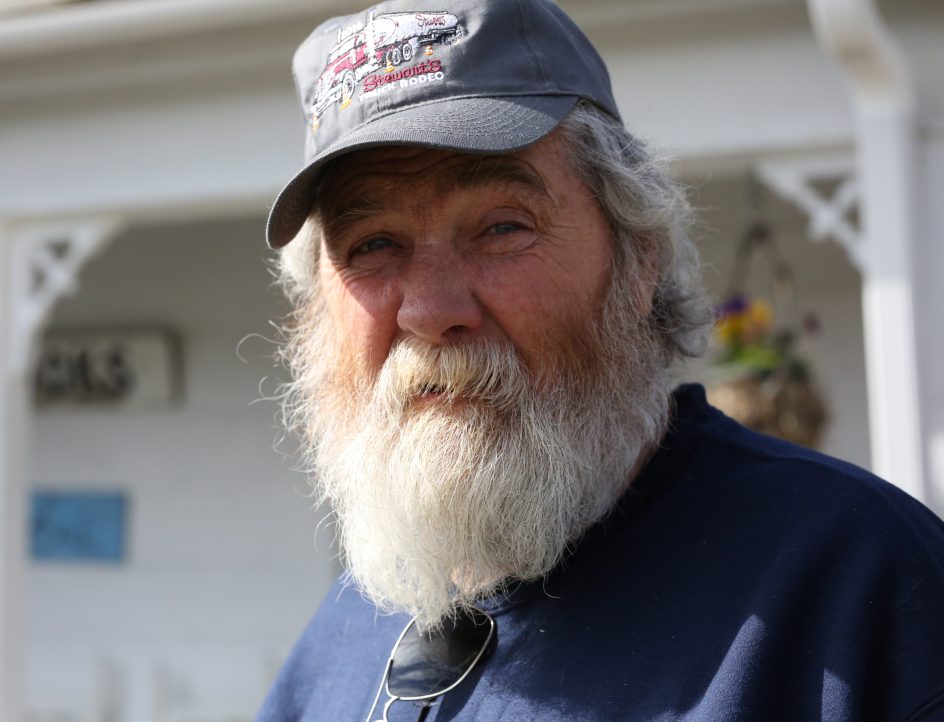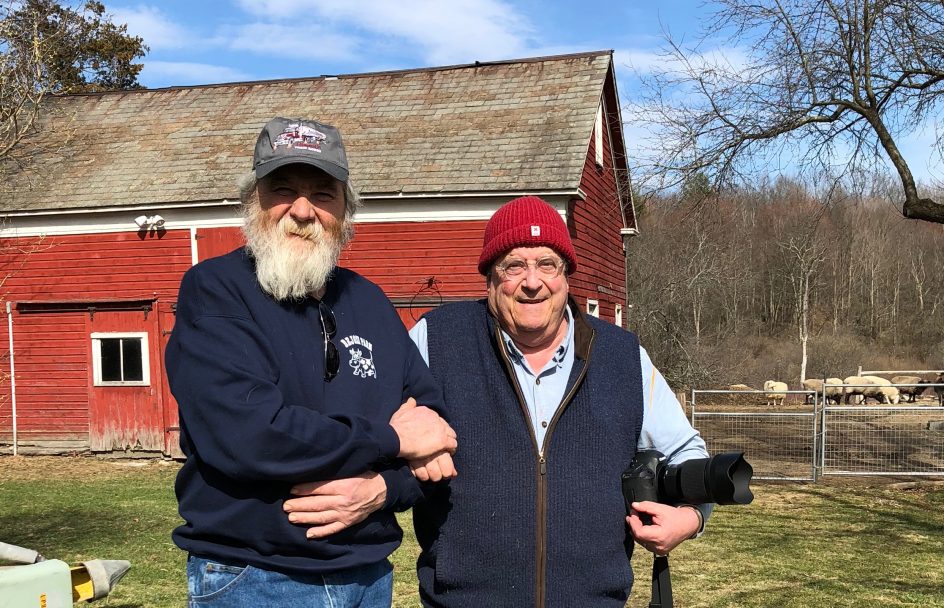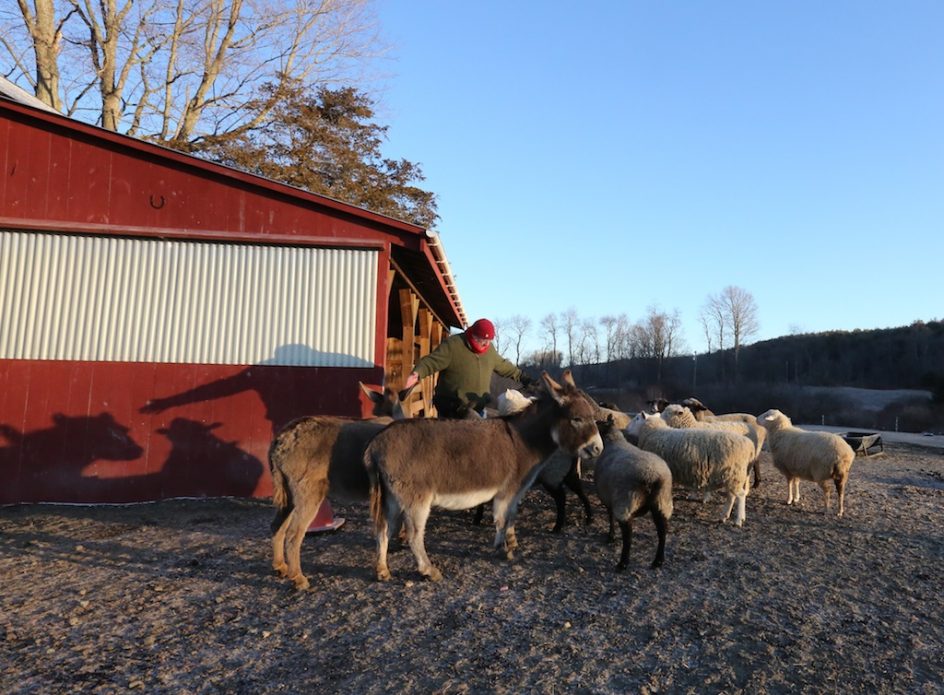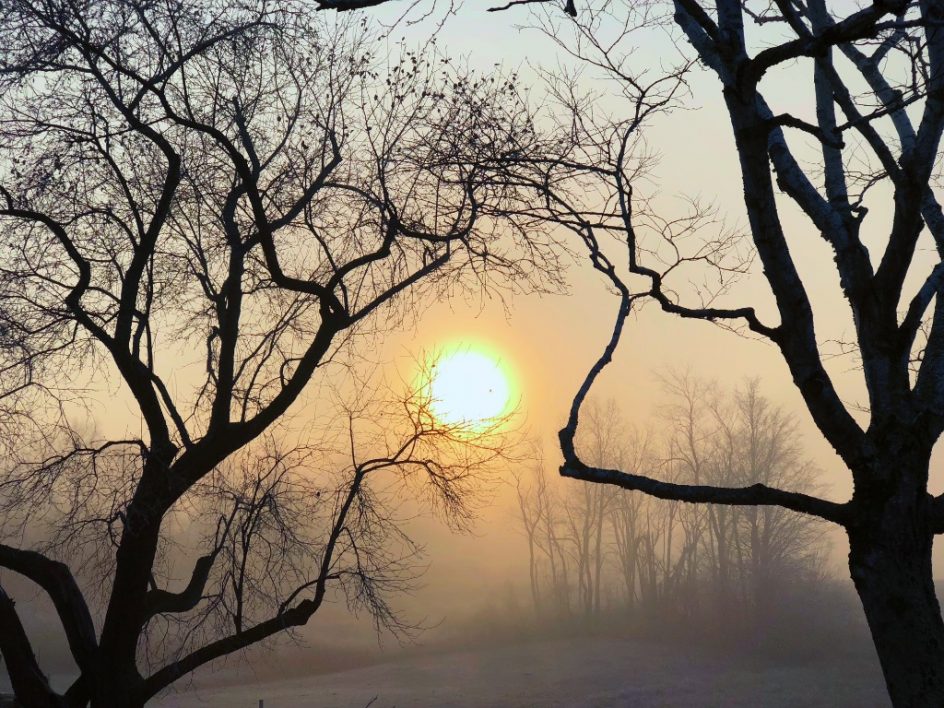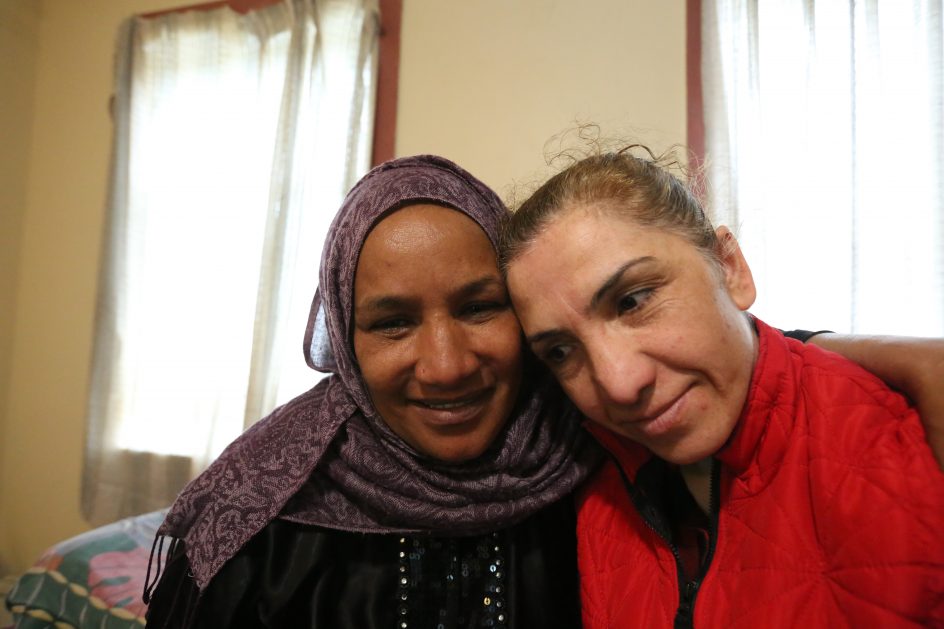
(Please be cautioned that this story is hard to bear…)
We sat in a tiny apartment with two couches and a beat-up old chair. It was dark and small, but to Hawah, it was a temporary paradise. She was different from the terrified and discouraged women I met last week in a Dunkin’ Donuts. She was happy, even radiant.
“Today, I am happy,” she said, “I have hope again.”
Hawah, a refugee from the Libyan Civil War told us that she thought of killing herself Saturday as she sat in a crowded, dirty shelter afraid her children would be taken from her. They had violated the shelter curfew. Every morning Hawah went outside to look for bottles to cash in at the grocery store.
Omranaso did not have a happy face or ready smile, and for good reason. She soon told us a horrific tale that was hard for Ali and I to even hear.
Hawah fled Libya during the bloody civil war when the soldiers came to her house to seize her sons for Army duty. She had eight children then, only two are with her now, the others are scattered, shattered by the war her husband’s illness. She wants her family back.
Hawah said her life fell apart after her husband Hassan, a crane operator in Libya, also a new refugee to America, had collapsed days after coming here and was rushed to a hospital, where he was diagnosed with spinal cancer.
He is in a coma, the doctors say he is not coming home.
We met these two women in a dark and cluttered apartment a few miles from the Albany’s towering state office buildings. They are friends, companions on a journey through a Hell most of us cannot even imagine.
After her husband fell ill, Hawah was evicted from her apartment because the city cut her subsidy to pay for Hassan’s care, and she couldn’t cover the extra money. She was locked out of her apartment with all of her belongs inside and her two children in school.
She never imagined caring for her family in America alone, she loves to cook and has a ready smile and warm heart. She is looking for work.
When she called him and begged for help, Ali rushed over and took her and her two children out of the shelter and found her a place to stay for a few days. Today, we found a possible apartment for her, paid the deposit and first months’ rent and will move her there on Thursday morning if she and the landlord are in agreement.
I am prepared to write her a check for $1,300 for a deposit and as many months rent help as I can get, I’m hoping for one year.
She said she is happy for the first time in many months, we could see it on her face.
Omranaso is struggling in a very special and different way.
She has lost her family, she is clearly traumatized by her experiences and struggling for some safety and peace. She told me she just wants a few months of safety and time to put her life together. I told her we could give her that.
Omranaso is a refugee from the horrific Syrian Civil War.
She was captured by the Syrian military, tortured for months, she lost her husband, saw her mother die and crawled through a cemetery to get to Turkey and nearly died on the way, and then to a camp where she spent four years.
We didn’t realize these two were close friends until today, when we arranged to meet both of them to help them put their lives together. I shake my heads at the idea that these two women are a danger to us, or that we should have turned them away, as we are turning so many others away.
They embody the heart and spirit of America to me, and I will work hard to help them.
Her story is the most wrenching and painful that I have yet heard from a refugee, although there are many like it. Ali could barely contain his tears as he translated her horror story.
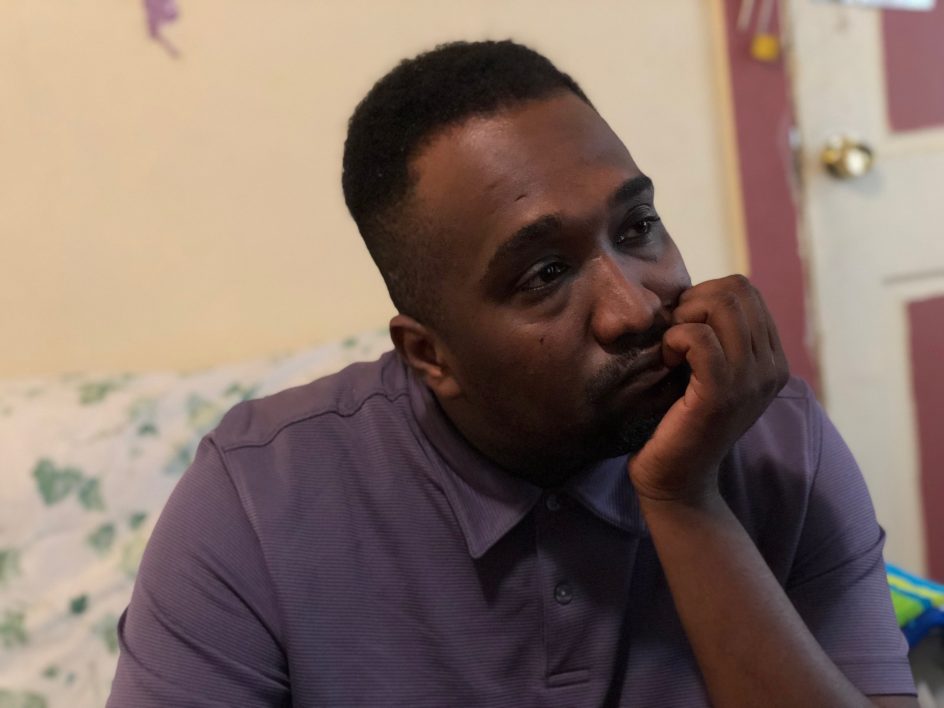
These two women met in an English language class, they have become dear friends. They are lucky to have found one another, they understand one another in a way few people can. As Omranaso told her story, Hawah clasped her hand and held it, offering her courage.
Until seven years ago, Omranaso lived happily with her husband in Eastern Syria. He began to act strangely, leaving the house at odd times and disappearing for hours.
One night, he left and didn’t return, she went out looking for him and learned that he had run off to join the terrorists fighting the Syrian Army.
She set out to find him, and ran into an ISIS checkpoint. She might have been killed for not covering her head, but someone recognized her, she was taken home, threatened with her life if she ever left the house again without a man, and told never to go outside under any circumstances without covering her head and face and body.
She never saw her husband again.
The militants said they would bring her food and care for her if she got sick. But women could never go outside alone, they said.
Weeks later, they came back to her house and said her husband was not coming back, they expected her to take several other husbands, ISIS warriors, women were expected to have more than one husband and meet their personal and other needs.
She knew what that meant, she wouldn’t say what they did to her.
She swore she would never submit to that life, she dressed as a man in her husband’s clothes and fled towards Turkey, where she hoped to find a way to get to America. She was captured at a checkpoint by the Syrian military, who knew what her husband had done – it was a small town – and suspected her of being an enemy of the government.
She was taken to prison and tortured.
She told us some of the details of her torture, but I feel uncomfortable repeating them here, for her sake and your sake.
She did tell of us the day they found her mother and brought her to the jail to see her daughter hanging naked from the ceiling – she sobbed while telling us this – and being tortured in the cruelest of ways, and they said they would do the same to her mother if she didn’t confess.
She said she had nothing to confess.
She is an extraordinarily brave and determined woman, she was determined to somehow make her way to freedom or die trying. And she said she had learned there were worse fates than death.
Her mother and her friends – they were waiting outside the jail – brought their gold jewelry and gave it to the soldiers, who took the bribe and later freed Omranaso.
After she was released, she set out to find her mother – her entire family had been killed in the conflict, including her sister and brothers – and when she got to her home, she found her mother was also dead. She didn’t want to talk about it. She went to the cemetery to bury her mother, and since the cemetery was close to the Turkish border, she decided to go alone to find a crossing.
She made it to Turkey and through the border, but she had not eaten in days and was nearly frozen.
She collapsed in the woods and was found by some farmers, they took her to the hospital. The Turkish government was kind to her, they arranged for her medical treatment and contacted a human rights group which took her to a United Nations camp, where she lived for four years.
She came to America a year ago, she is living in a crowded one room apartment with three people, and she is afraid of them, they are not Arabic and she does not speak English. They are rough with her and she desperately wants a place of her own.
We found her a job working for minimum wage in a women’s clothing store sorting and folding clothes. The owner is a friend of Ali’s. She is looking for a studio or one room apartment, we are contacting Muslim and other landlords in the city.
Ali says a one-room apartment would cost between $500 and $600 dollars, and the county social services will pay $300 or $400 a month.
We are planning to make up the difference for between six months and a year, it should be doable and then, between her job and her subsidy, she will be on her own. We are measured and bonded in this work, Ali and I have discussed it a thousand times, we do what we can when we can, but the refugees must make their own way in America, they know and accept this.
We – the Army Of Good – also paid off $415 in debts she owed to lenders while she looked for work and struggled to survive. She hated owing people money.
It is very difficult for the refugees to find jobs at first in America, few of them speak any English or have cars, so the jobs the can take are limited and low paying, at least at first. The federal government seems to take no responsibility at all for the refugees, many seem to be very alone.
Ali knows several people who know Omranaso and testify to her honesty and drive.
Her face is filled with pain and sadness, her trauma so visible. She could not tell this story without breaking down and weeping several times. She had a brother and a nephew, the boy died in the camps. She is all alone here, I had been told she had a son, but she doesn’t.
Again, we will help her get on her feet, and for relatively little money. Then we will move on. There is a woman from Afghanistan who we are told needs some help, we are meeting with her next week. We hope to have an apartment for Omranaso this week.
I was touched by the closeness of these two women as they clung to one another on the sofa, both had experienced awful trauma and suffering, their love for one another was a balm to the human spirit. The only time Omranaso smiled was when she looked at Hawah.
Last week, someone from Syria wrote Omranaso and said her sister might be alive. She knows there is no chance of bringing her to America right now, even if that is true. But she hopes it is true.
I thank them both for telling me their stories, and as we left, Hawah invited me and Ali and Maria and Saad to dinner at her new apartment and Omranaso took my hand, and touched her heart, and said “thank you, Jon.” She walked away down the street, she said she didn’t need a ride.
I’m looking forward to that dinner.

